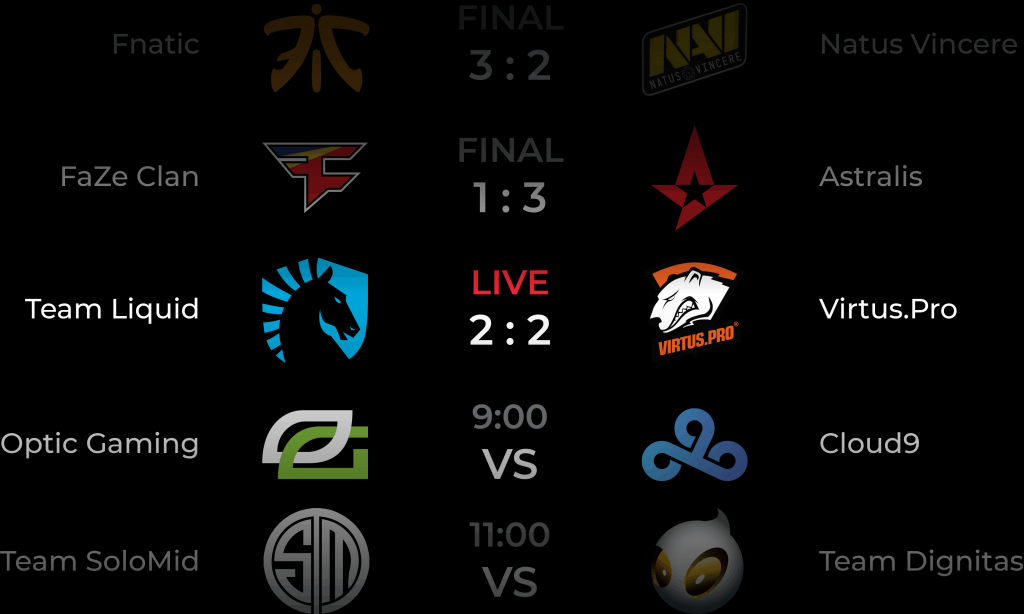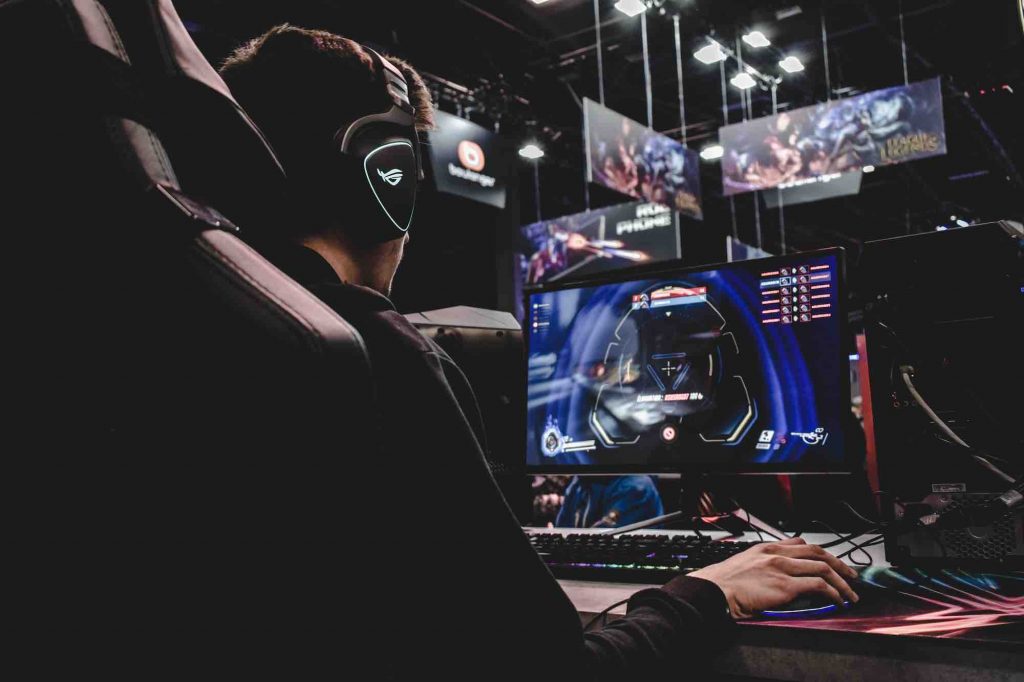Adhering to a strict time slot is a hallmark of any mature sport. Football (soccer) is a prime example: When kickoff is set to 19:00/7:00 PM in the World Cup, you can rely on the referee to blow the whistle very close to – if not at – that exact moment. This is the case in spite of the team introductions, national anthems, coin toss and other antics that must be out of the way before the ball can get rolling.
So how long has esports come in regards to punctuality? We took a sample of matches from our database to see how esports organisers are performing when it comes to being on time.
Setting up the analysis
We calculated the Match Start Delay as the difference between the scheduled starting time announced by tournament organisers and the actual start time of the match. For CS:GO we define the actual start time as the moment the timer of the first (pistol) round of the first map starts ticking and for LoL when the map timer of the first game begins. We chose these as start times as they are the most analogous to when the match timer starts in traditional sports like football.
Putting the matches in “buckets” based on their Match Start Delay we can create a histogram showing the distribution.
CS:GO match organisers aren’t good at being on time
Let’s start with Counter-Strike: Global Offensive (CS:GO):

In the chart we see that the distribution of Match Start Delay follows a bell shape centered around 5-10 minutes, implying that matches are more likely to start within this delay interval and increasingly less likely the further we get in either direction from the 5-10 minute interval.
If a match is viewed as starting on time only if it starts within one minute before or after its schedule, we see that only 9 % of matches start on time. If we cut the organisers a bit of slack and say that a match started on time if it started between one minute before and five minutes after schedule, things look better as this is true for 32 % of CS:GO matches.
A small share of 8 % of matches start before scheduled start time, with only 1 % starting more than 15 minutes before scheduled time. This makes sense, since organisers have a strong interest in maximising the number of viewers during the entire match, and starting a match ahead of schedule will make some viewers miss the starting minutes.
On the other side of the spectrum, almost a third of matches run 10 minutes late or more, but only 5 % have a delayed start time of more than 30 minutes.
But LoL match organisers are worse
Let’s have a look at the distribution of Match Start Delay for League of Legends (LoL) matches:

The shape follows the same trend as CS:GO with a 5-10 minutes delay between scheduled and actual start time being the most common interval. In fact, this is even more common for LoL, as 34 % of matches start within this delay interval.
While early starts seem to be more uncommon for LoL than for CS:GO (5 % vs. 8 %), matches are likely to be more than 15 minutes delayed for LoL compared to CS:GO (29 % vs 16%).
This higher delay for LoL matches is likely due to the champion pick/ban phase before the game commences, which is an important determinant of the game outcome, and could be argued to be part of the match as well.
Esports will be increasingly punctual
In conclusion, CS:GO and LoL matches seldomly start on schedule. A delay of 5 – 10 minutes is very common, with even later starts also happening frequently, in particular for LoL.
When it comes to strict punctuality there’s still some room for improvement in esports. As the number of viewers continually increases, bringing higher advertising and sponsorship figures, organisers will however likely be under more pressure to stay on time to optimise viewership at the exact right times for relevant stakeholders. One would expect punctuality to increase and perhaps one day be at the same level as the Football World Cup.
Notes:
The number of LoL matches in the sample was smaller than CS:GO matches, which may explain the less smooth shape of the distribution. With more matches, the shape and shares may get closer to their CS:GO equivalents.
The definition of match start is up for debate. Should knife rounds in CS:GO be considered the start of the match even though they do not count towards the round score? Should pick/ban of maps or champions be counted as part of the match, since the meta-game they represent can be a crucial determinant of the match winner?




